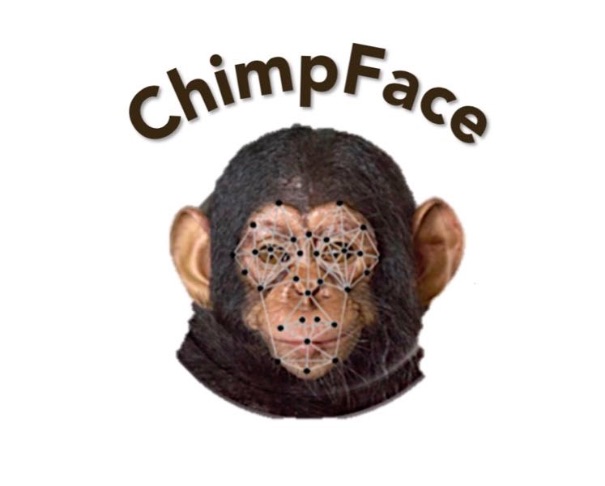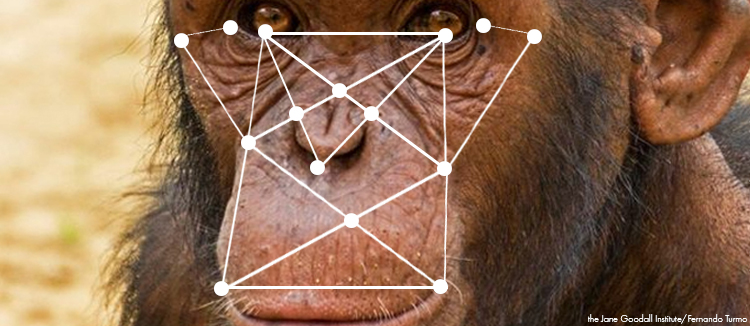Strategically placed recycled cell phones are combating deforestation by sending notifications to rangers when chainsaw noises are recorded. Algorithms similar to those used by Homeland Security are being developed to provide effective routes for ranger patrols in their battle against poaching. And drones are delivering sylvatic plague vaccines to prairie dog populations in an effort to save the Black Footed Ferret, a highly endangered predator of prairie dogs, from extinction.
What happens when wildlife biologists join forces with computer scientists? A new era in wildlife conservation is born! Scientists in these fields have taken advantage of advancements in technology to create new and innovative methods of monitoring wildlife populations and combating illegal wildlife trafficking. The potential of using artificial intelligence to monitor wildlife and combat wildlife crime seems endless. One of the newest and most exciting AI technologies being employed to protect wildlife is facial mapping.
How does Artificial Intelligence and Facial Mapping help wildlife?
Facial mapping is positioned to be a game-changer in the field of wildlife conservation.

Alexandra Russo, a regional finalist of Young Champions of The Earth, is working on the development and promotion of ChimpFace, a software for identifying chimpanzees using facial recognition and mapping. This resource can be used by future facial mapping projects to expand their image databases and improve software. In fact, ChimpFace is already using around 100 chimpanzee images from Tchimpounga to create their software!
The overarching goal of this project is to monitor social media and e-commerce websites for chimpanzee photos with potential links to wildlife trafficking. When in place, this project can help identify illegal digital chimpanzee pet sales, and potentially help map the network of illegal sales online to reduce the instances of wildlife trafficking of chimps.
ChimpFace will automate the search process, reducing the amount of man-power hours and financial resources required to effectively police the internet and identify suspicious posts. Many chimpanzees are similar in appearance. This makes it challenging (if not impossible) to track individual animals through the nine trade chain, as individuals are susceptible to misidentification and/or double counting.
Already, this technology is being tested on a variety of species. Elephants at the London Zoo were recently the subjects of close scrutinization by Google’s facial recognition software. This software has implications for tracking wild elephant populations through camera traps and photography. Other primates have also been getting their share of AI attention. LemurFaceID, modeled after human facial mapping, was developed last year with a 98% accuracy at identifying individuals. This software will help researchers track and research individual lemurs within a population, identify new individuals in an area, and combat wildlife by identifying trafficked lemurs in photographs.
The Future: Using AI in Gombe
The Jane Goodall Institute’s archive of chimpanzee footage and images from Gombe and Tchimpounga Chimpanzee Rehabilitation Center is among the most comprehensive in the world. Facial mapping technology such as ChimpFace, and other projects, can assist research at Gombe by helping field staff positively identify chimps, especially young chimps that are usually difficult to see or identify, as well as to verify individuals in past footage, help track current populations and their health. As with most facial mapping technology used in wildlife conservation, it can also tie into anti-trafficking work in Africa. The possibilities for this technology are truly impressive and the more they advance, so will their applications.
As artificial intelligence, including facial mapping, continues to make its place in wildlife conservation, the team at JGI and Gombe will utilize and contribute to this technology, ever dedicated to protecting and understanding our closest living relatives.
**(ChimpFace is a collaborative project, a big thank you to these collaborators: Conservation X Labs, Liberia Chimpanzee Rescue and Protection, Tacugama Chimpanzee Sanctuary, Sweetwaters Chimpanzee Sanctuary, PEGAS, Save the Chimps, GAP Brazil, Chimpanzee Sanctuary Northwest, Centre de Conservation pour Chimpanzés/ Primate Project Inc, Story Book Farm Primate Sanctuary)

The Jane Goodall Institute is a global community conservation organization that advances the vision and work of Dr. Jane Goodall. By protecting chimpanzees and inspiring people to conserve the natural world we all share, we improve the lives of people, animals and the environment. Everything is connected—everyone can make a difference.






